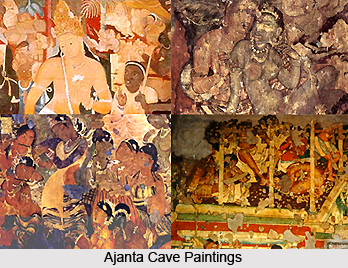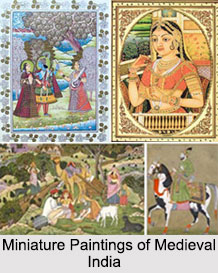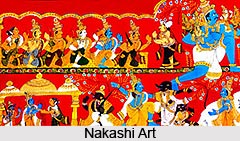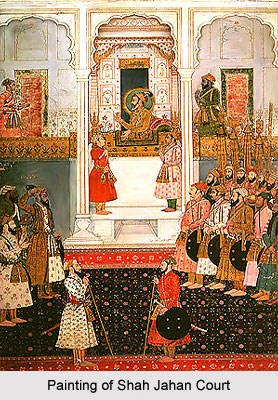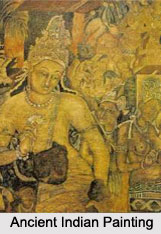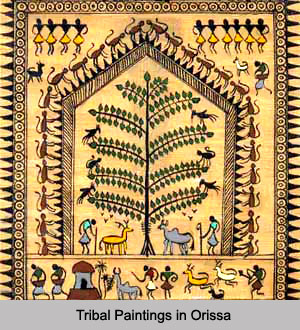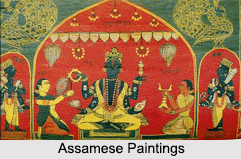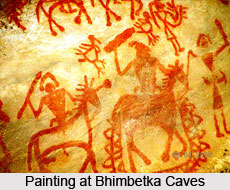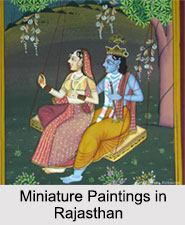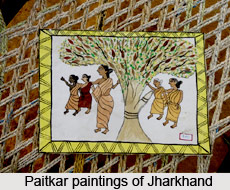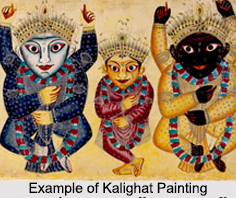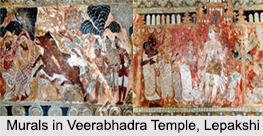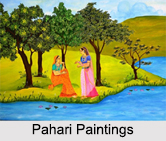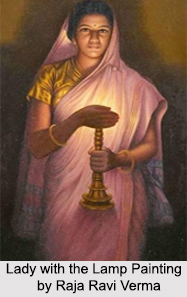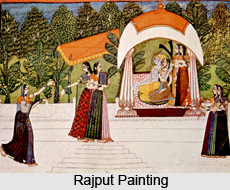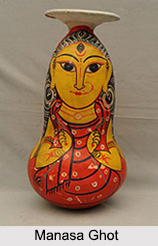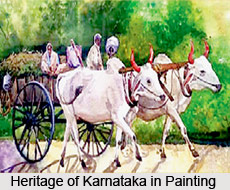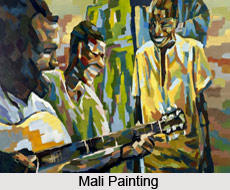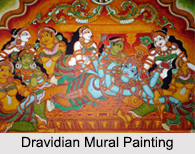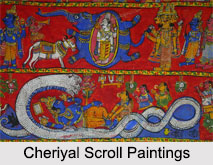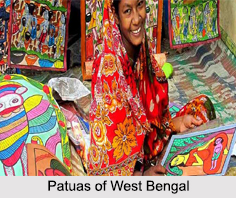 Alienated from the society at large, the patuas of West Bengal dwell in a twilight zone, where they have adopted a unique lifestyle of their own. They practise customs and rituals of both Hinduism and Islam but are regarded as subaltern and have been made outcastes by both the communities. Although pata painting is their main profession, these folk painters suffer from acute poverty and identity- crisis and have frequently shifted over to other occupations to sustain themselves and their families.
Alienated from the society at large, the patuas of West Bengal dwell in a twilight zone, where they have adopted a unique lifestyle of their own. They practise customs and rituals of both Hinduism and Islam but are regarded as subaltern and have been made outcastes by both the communities. Although pata painting is their main profession, these folk painters suffer from acute poverty and identity- crisis and have frequently shifted over to other occupations to sustain themselves and their families.
Origin of Patuas of West Bengal
The traceable origin of the patuas of West Bengal dates back to the 13th century. The traditional occupation of the patuas of West Bengal are painting and modelling of Hindu idols, yet many of them are Muslims. The word patua is derived from the Bengali word "pota", which means an engraver. These patuas are also widely known as chitrakars, which means scroll painters. It is said the chitrakars themselves might have converted to Islam as a strategy to avoid the oppression by a hierarchy of sub castes created during the Sena Dynasty. This was an extremely slow process with the patuas, as seen by the fact that every patua has 2 names, one Hindu and one Muslim.
Art by Patuas of West Bengal
Traditionally the patuas of West Bengal started out in the districts of Midnapore, Birbhum, Bankura, 24 Parganas, Howrah, Hooghly and Purulia. They started as painters of scrolls or pats telling the popular sacred stories of the gods and goddesses. For generations, these scroll painters or patuas have gone from village to village with their scrolls or pat singing stories in return for money or food. The pats or scrolls are made of sheets of paper of equal or different sizes which are sown together and painted with ordinary poster paints. Originally they would have been painted on cloth and used to tell religious stories such as the medieval sacred poems. Currently, these are used to raise awareness against social evil, political issues and to promote literacy.
Customs of Patuas of West Bengal
The weddings of the patuas are exclusively restricted in their own chitrakar community and the ceremony is conducted by a Mohammedan scholar. Their marriage ceremonies are an amalgamation of Hindu and Islam traditions, like the rite of gaye holud, applying vermilion or wearing conch shell bangles, etc. And after the wedding, the bride and groom offer prayers at a Hindu temple in the village. Another custom is the circumcision of the male child, during this ceremony the child is fed rice for the first time. Even though, the patuas chant the namaz but are barred from entering mosques.
Over the years, these patuas has been compelled to modify their religious and social standings, under the influence of various social shifts, which affected their communal sentiments as well.
